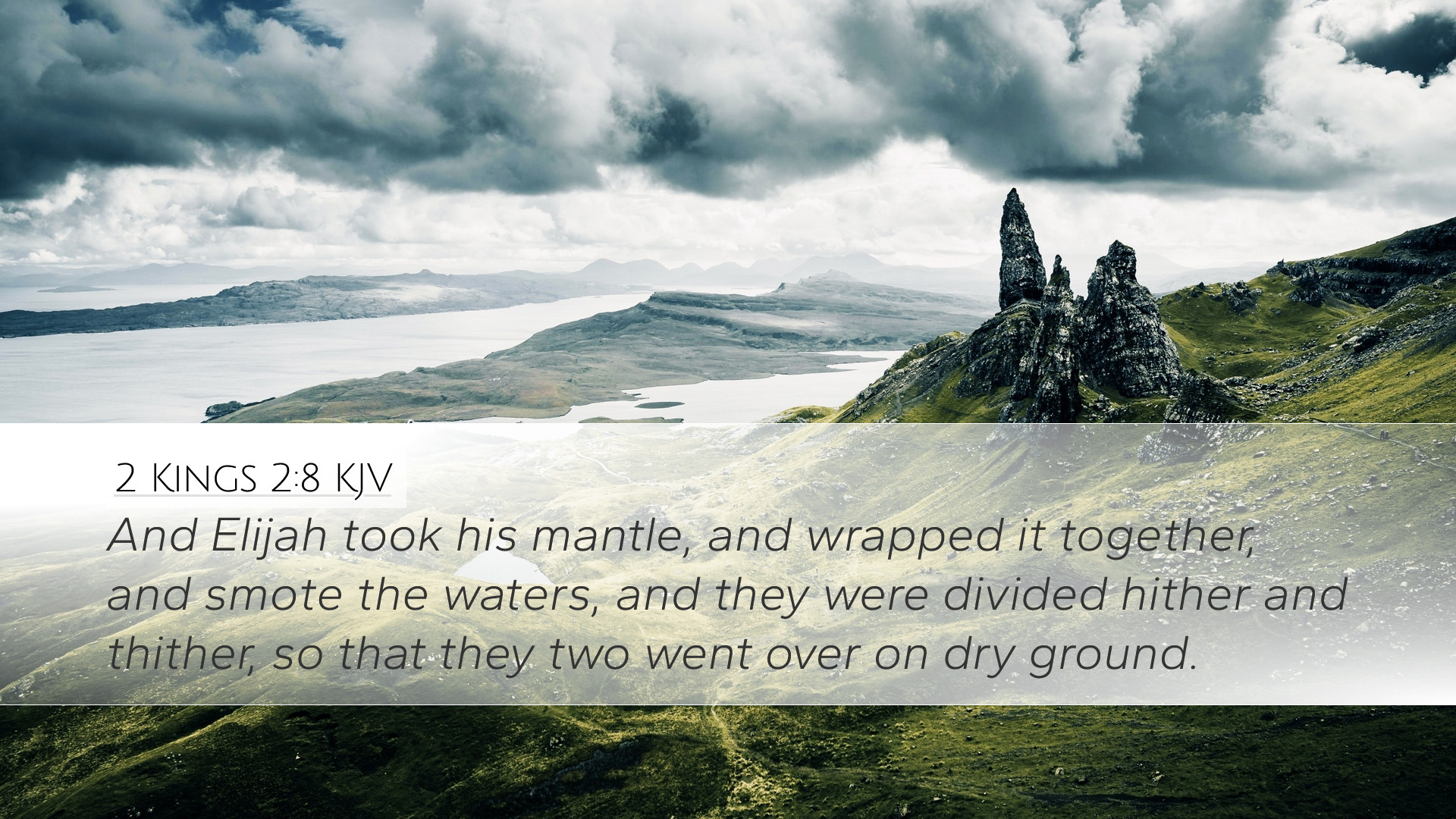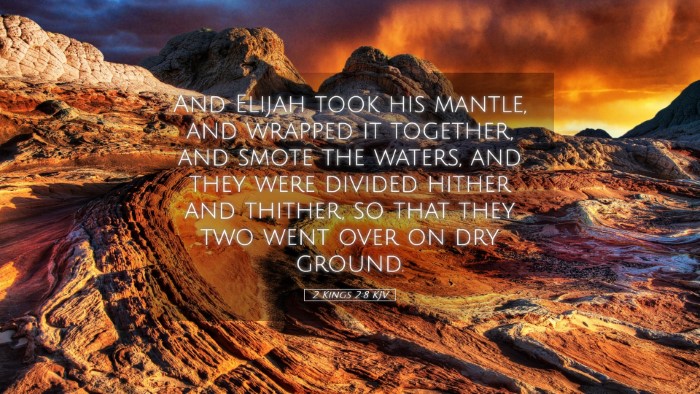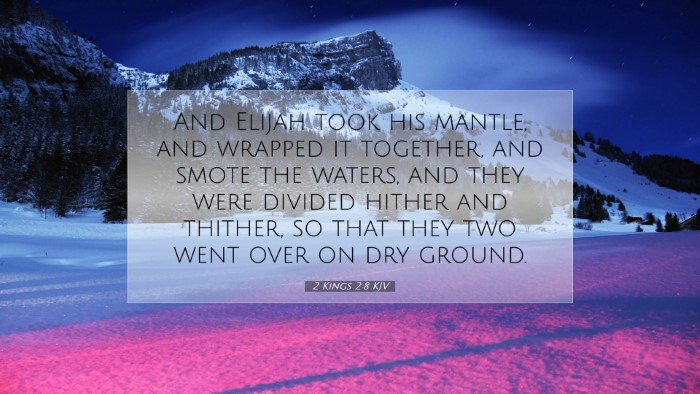Old Testament
Genesis Exodus Leviticus Numbers Deuteronomy Joshua Judges Ruth 1 Samuel 2 Samuel 1 Kings 2 Kings 1 Chronicles 2 Chronicles Ezra Nehemiah Esther Job Psalms Proverbs Ecclesiastes Song of Solomon Isaiah Jeremiah Lamentations Ezekiel Daniel Hosea Joel Amos Obadiah Jonah Micah Nahum Habakkuk Zephaniah Haggai Zechariah MalachiVerse
2 Kings 2:1 2 Kings 2:2 2 Kings 2:3 2 Kings 2:4 2 Kings 2:5 2 Kings 2:6 2 Kings 2:7 2 Kings 2:8 2 Kings 2:9 2 Kings 2:10 2 Kings 2:11 2 Kings 2:12 2 Kings 2:13 2 Kings 2:14 2 Kings 2:15 2 Kings 2:16 2 Kings 2:17 2 Kings 2:18 2 Kings 2:19 2 Kings 2:20 2 Kings 2:21 2 Kings 2:22 2 Kings 2:23 2 Kings 2:24 2 Kings 2:25

